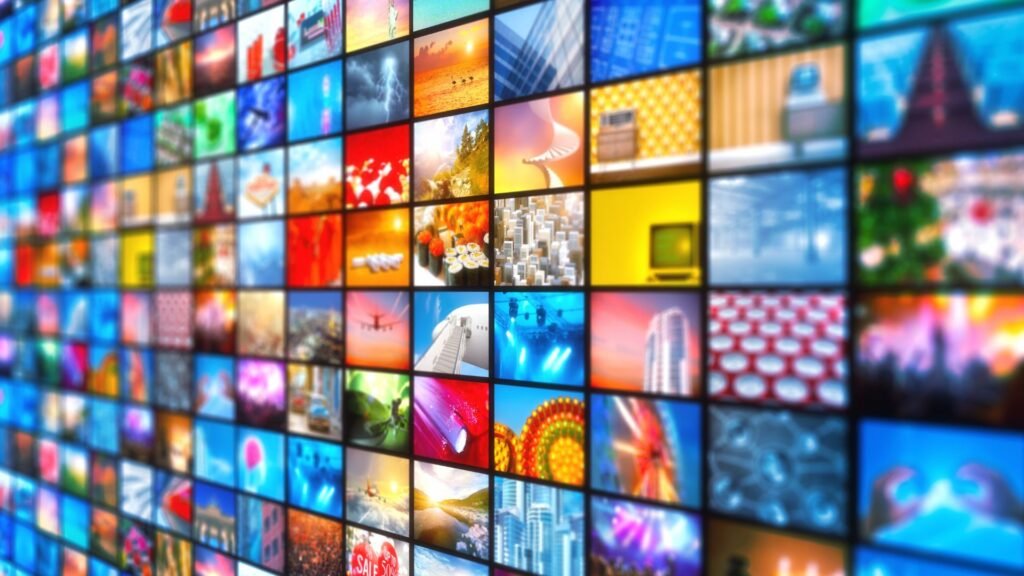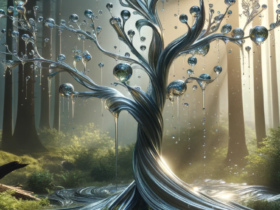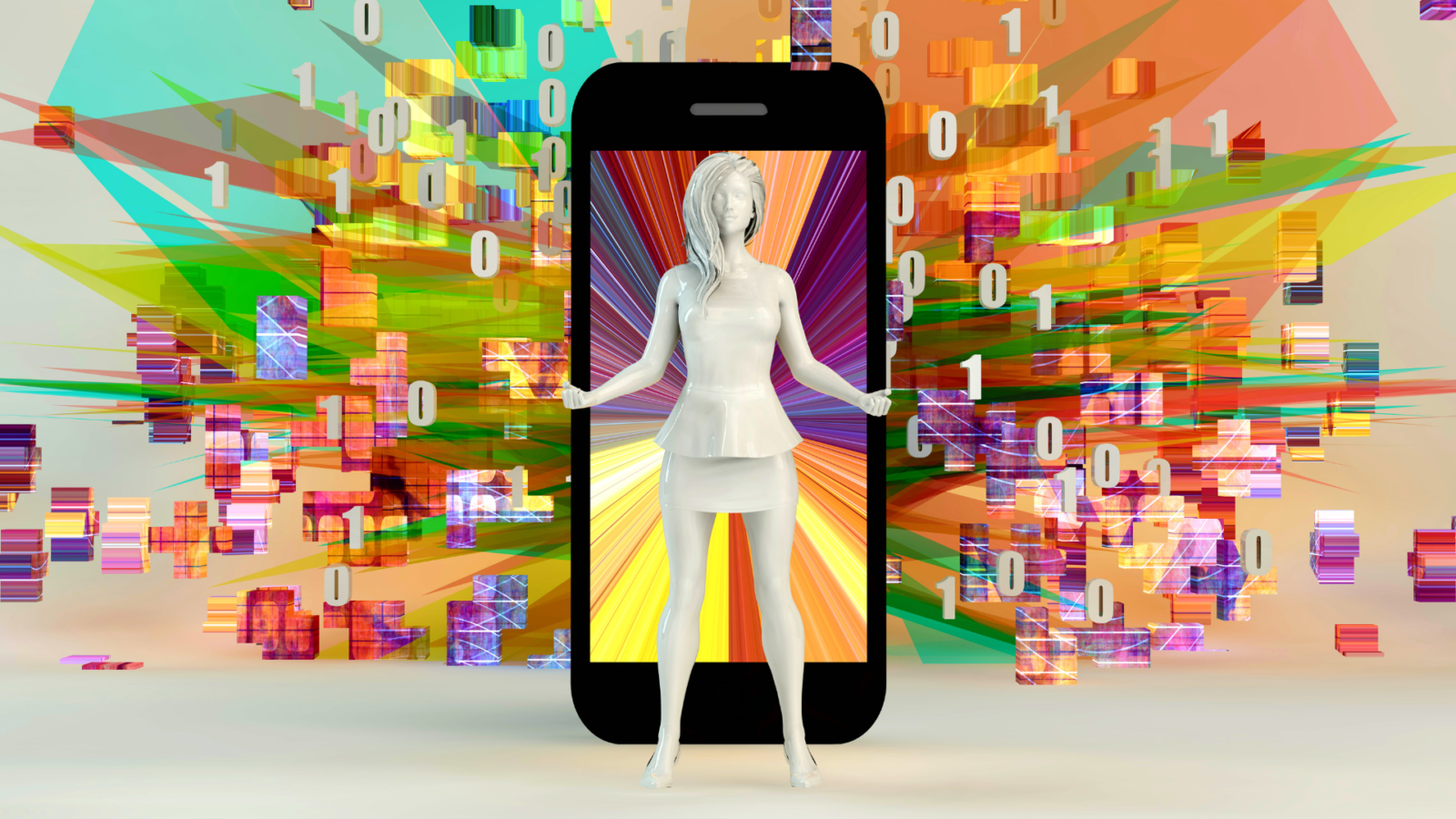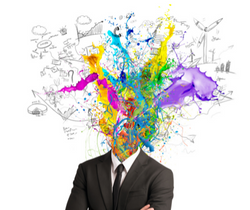The way we engage with the world has undergone a fundamental transformation as a result of the advent of social media. From news and politics to relationships and entertainment, social media has become an essential part of modern life. One of the areas that have been significantly impacted by social media is the art and entertainment industry. In this article, we will explore the impact of social media on the industry and discuss its pros and cons.

Social Media and Self-Promotion
One of the most significant impacts of social media on the art and entertainment industry is the way it has changed self-promotion. In the past, artists and entertainers had to rely on traditional marketing channels, such as print ads, radio, and TV, to promote themselves. However, social media has allowed artists and entertainers to create and control their image and message directly. Social media platforms, such as Instagram, Twitter, and YouTube, have become powerful marketing tools for artists and entertainers to connect with their fans, showcase their work, and build their brand.
For example, many artists now use Instagram to showcase their work, from behind-the-scenes footage to new releases. Similarly, many musicians use YouTube to share their music videos and live performances with their fans. Social media has also enabled artists and entertainers to interact more directly with their fans, responding to comments and messages, and building a stronger and more loyal fan base.
Social Media and Audience Interaction
Social media has also significantly impacted the way audiences consume and interact with art and entertainment. In the past, audiences had limited opportunities to interact with artists and entertainers. However, social media has created a direct line of communication between audiences and artists and entertainers. Audiences can now follow their favorite artists and entertainers on social media platforms, interact with them, and even get a glimpse into their personal lives.
For example, many actors and musicians now use Twitter to share personal updates and engage with their fans. Similarly, many artists now use Instagram to showcase their personal lives and share their creative process with their fans. Social media has created a more intimate and direct relationship between artists and entertainers and their audiences, which can help to build a more loyal and engaged fan base.
The Pros and Cons of Social Media for the Art and Entertainment Industry
While social media has undoubtedly had a significant impact on the art and entertainment industry, there are both pros and cons to this digital age. Here are some of the primary advantages and disadvantages:
Pros:
Social media has made it easier for artists and entertainers to promote themselves and build their brand directly.
Social media has created a more direct and intimate relationship between artists and entertainers and their fans.
Social media has democratized access to the arts, allowing artists and entertainers to reach a global audience without the need for traditional marketing channels.
Cons:
Social media can be overwhelming, with a constant stream of notifications, comments, and messages that can be challenging to manage.
Social media can be addictive, with many artists and entertainers feeling pressure to constantly post and engage with their fans.
Social media can be a double-edged sword, with negative comments and criticism often amplified and shared widely.

Conclusion
The art and entertainment industry has been notably influenced by the advent of social media, in summary. Social media has created new opportunities for artists and entertainers to promote themselves, interact with their fans, and build their brand. However, there are also challenges that come with this digital age, including the constant stream of notifications, pressure to constantly post and engage, and the potential for negative comments and criticism to be amplified. As the industry continues to evolve, it’s essential for artists and entertainers to find a balance between using social media as a powerful tool for self-promotion and audience interaction while also managing the potential drawbacks.
Ultimately, social media has changed the game for the art and entertainment industry, and those who can adapt and harness its power stand to benefit. By being strategic about social media use, artists and entertainers can build a stronger and more engaged fan base, reach new audiences, and elevate their brand to new heights. Social media has paved the way for artists and entertainers to achieve success in the digital era by providing them with new avenues, such as using Instagram to showcase their work, Twitter to connect with fans, or YouTube to share their music videos.
As audiences continue to consume content through social media, it’s likely that the impact of social media on the art and entertainment industry will only continue to grow. The key for artists and entertainers will be to stay ahead of the curve and adapt to the ever-changing landscape of social media. By doing so, they can take advantage of the incredible opportunities that social media provides and continue to thrive in the digital age.
Also read about our post on How Rakuten Trade Can Help You Make Informed Investment Decisions










































